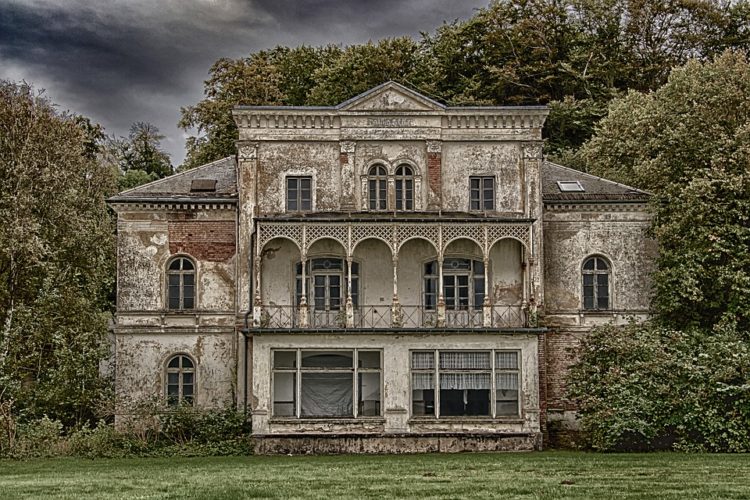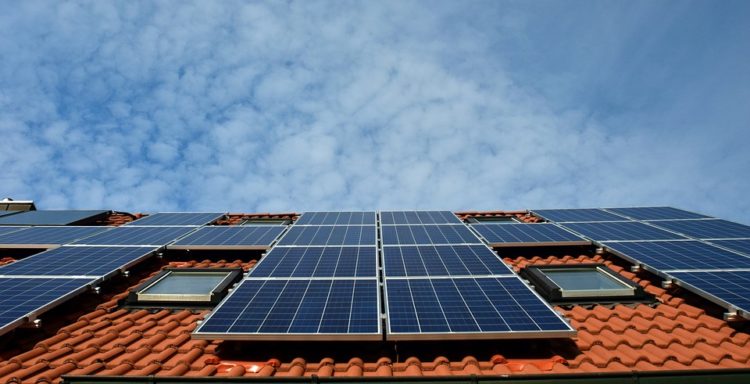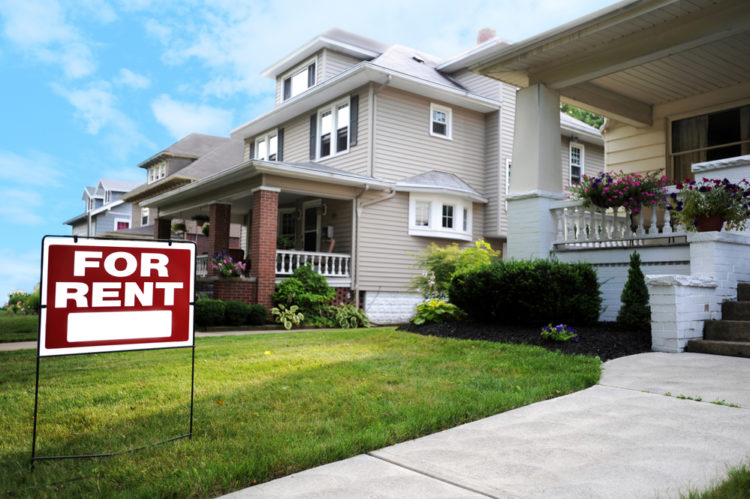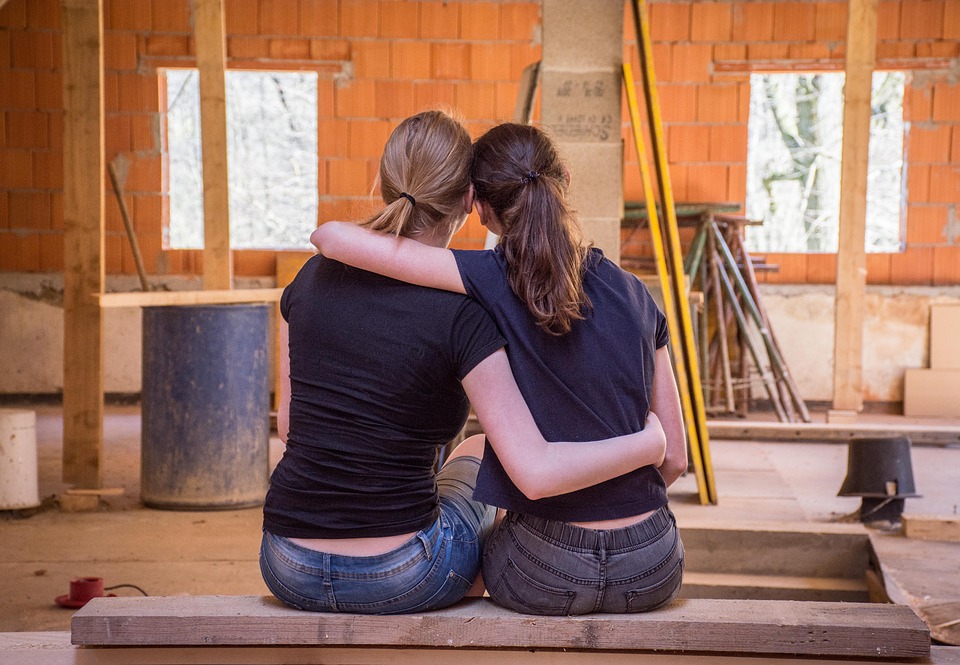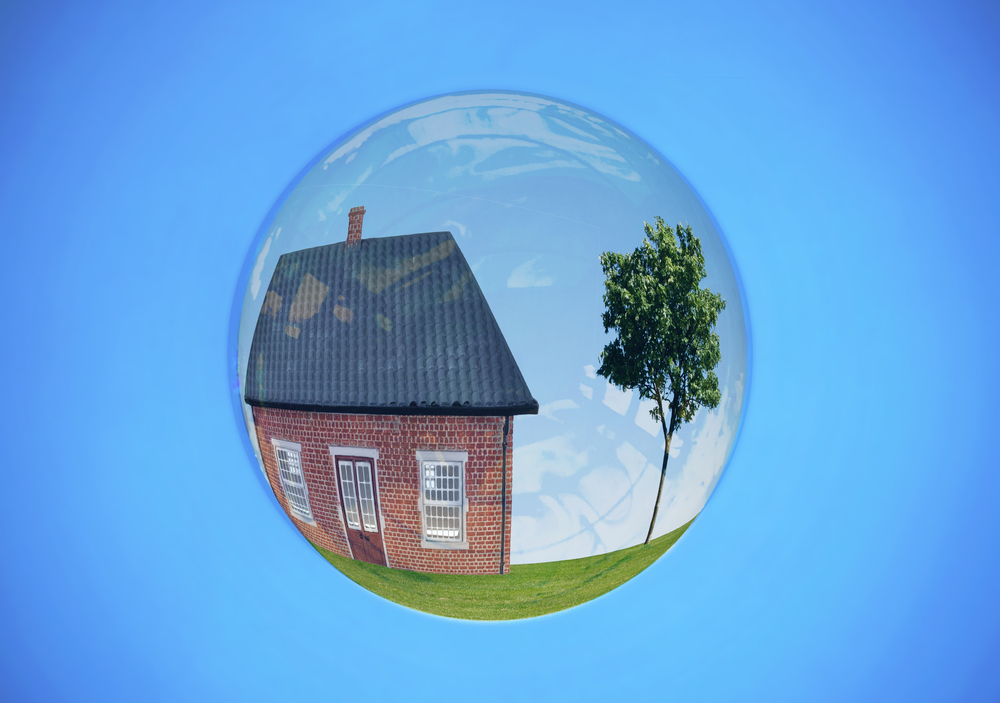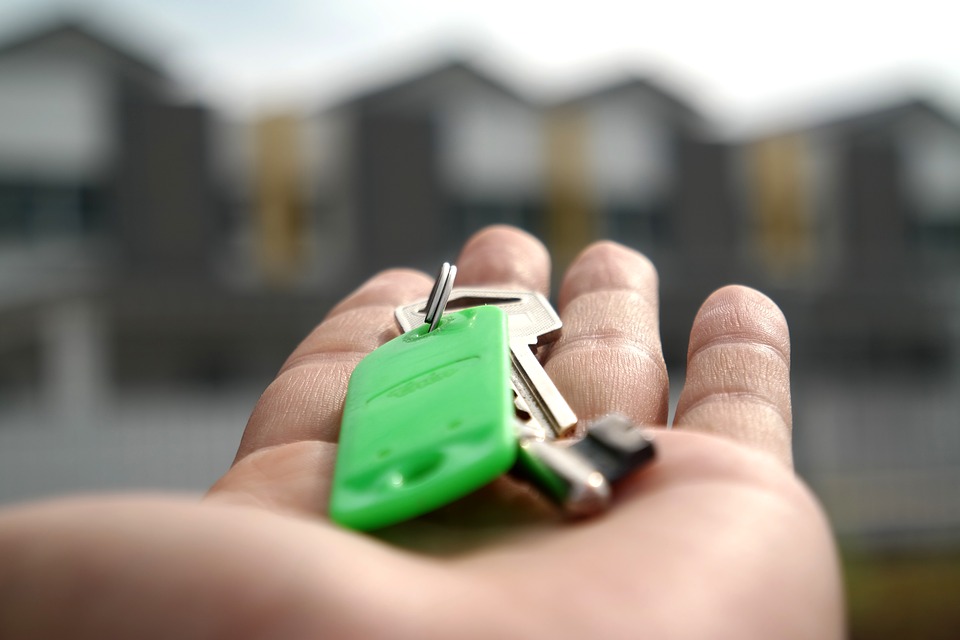Navigating the home buying process can be exciting, but also financially intimidating. While some of the societal and legal pressures historically faced by the LGBTQ+ community have improved over time, challenges still remain. Knowing how to prepare to enter the market can make the process more manageable for you. Follow these tips to learn how you can smoothly buy your next home while staying within your real estate budget.
- Determine Your Financial Readiness.
The first step in shopping for a house is knowing how much house you can afford in your real estate budget. To determine what is within financial reach for you, it is important to know your monthly debt-to-income ratio. A general rule of thumb suggests using the 28%/36% rule, meaning you should spend no more than 28% of your gross monthly income on home-related costs and 36% on total debts, including your mortgage and credit cards. If you are living in a dual-income household, factor both party’s total earnings into your calculation.
Knowing your creditworthiness is an equally important factor in the home buying process as a good credit score boosts your chances of qualifying for a mortgage. To obtain a free copy of your credit report, check out some personal finance sites such as The Federal Trade Commission. If you find you have a low credit score, buying a home can be challenging, but not impossible. Resources such as FHA loans, which allow you to obtain a mortgage without some of the more stringent financial requirements associated with conventional loans, may be a good option for you to explore.
Finally, to determine a realistic price range within your real estate budget and avoid overspending, create a wish list, identifying your home buying wants versus needs. Would you prefer a fixer-upper or something turn-key? How many bedrooms would suit your lifestyle? If you determine that location is a priority for you, consider house hunting in affordable cities such as Pittsburgh, Providence, and Virginia Beach. Creating a wish list will help to define the gap between the home of your dreams and the home you can afford.
- Know Your Relationship Rights.
No matter your current relationship status, it is always a good idea to have all the details ironed out before committing to a major financial decision.
Homeownership may be the next big decision in your life! According to the United States Census Bureau, the number of unmarried couples living together has tripled in the last two decades, reaching 17 million in 2019. If you plan to purchase a home with a partner, you will want to clearly outline who will hold the title. The way the title is worded can impact how ownership is transferred as well as your rights to transfer ownership in the future. Some common options to explore include sole ownership, joint tenancy, and tenants in common. If you are a solo homebuyer, you have the advantage of calling all the shots! But, be aware that with one income and one credit profile, it may be a bit trickier to obtain a mortgage loan.
Whether you are relocating or purchasing your first home, even as a married couple, there are several reasons you may want to purchase a home under the name of only one spouse. These could include protecting the buyer’s interests, planning the estate, saving money, or even to strengthen the chance of qualifying for a mortgage. For example, mortgage lenders often pay attention to the lowest credit score between the two of you, so if your spouse has a credit score that would prevent you from getting the best possible rates, you may consider leaving them off the mortgage.
- Shop Around For a Mortgage.
When buying a home on a tight real estate budget, it is important to explore all your loan options. The Consumer Financial Protection Bureau recommends applying with at least three mortgage lenders to compare their rates. Do not be afraid to negotiate! If Lender A offers a lower rate, but you would feel more comfortable with Lender B, present the competing offer and see if Lender B will match or beat it. The mortgage loan process may be the most confusing part about buying a home, so it is important you feel secure in your decision-making.
Additional insight: Consider hiring a LGBTQ+ friendly realtor. Having a partner to guide you through the lending landscape will help ensure all decisions are truly in your best interest.
- Save, Save, and Save Some More.
If you do not immediately find the perfect home within your price range, or learn that you are not as financially secure as you would like to be, consider waiting and saving. Patience is key and the right home will turn up before long. To come up with extra spending money, consider adjusting your discretionary costs such as canceling unused streaming subscriptions or trading Starbucks runs for fresh coffee brewed at home.
Buying a home within your real estate budget is a major undertaking that requires the proper planning and preparation, but it is not unattainable. By taking the time to get your finances in order and researching the market thoroughly, buying a new home can be the next exciting step toward your future.
